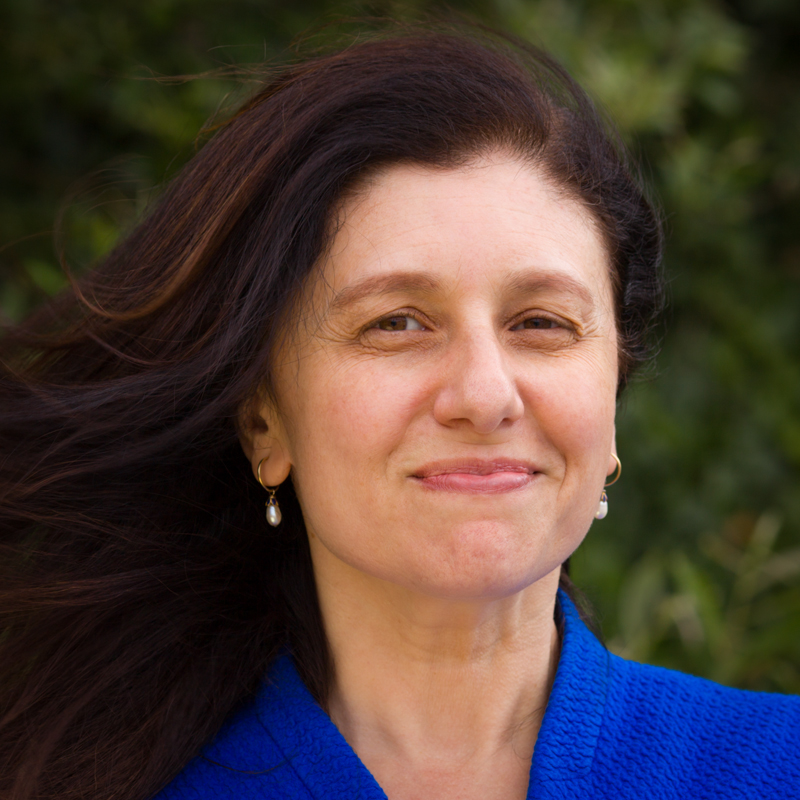The God Effect (New York Times Magazine, Year in Ideas)
Some anthropologists argue that the idea of God first arose in larger societies, for the purpose of curbing selfishness and promoting cooperation. Outside a tightly knit group, the reasoning goes, nobody can keep an eye on everyone’s behavior, so these cultures invented a supernatural agent who could. But does thinking of an omniscient God actually promote altruism? The University of British Columbia psychologist Ara Norenzayan wanted to find out.
In a pair of studies published in Psychological Science, Norenzayan and his student Azim F. Shariff had participants play the so-called “dictator game,” a common way of measuring generosity toward strangers. The game is simple: you’re offered 10 $1 coins and told to take as many as you want and leave the rest for the player in the other room (who is, unbeknown to you, a research confederate). The fair split, of course, is 50-50, but most anonymous “dictators” play selfishly, leaving little or nothing for the other player.
In the control group of Norenzayan’s study, the vast majority of participants kept everything or nearly everything — whether or not they said they were religious. “Religious leaders always complain that people don’t internalize religion, and they’re right,” Norenzayan observes.
But is there a way to induce generosity? In the experimental condition, the researchers prompted thoughts of God using a well-established “priming” technique: participants, who again included both theists and atheists, first had to unscramble sentences containing words such as God, divine and sacred. That way, going into the dictator game, players had God on their minds without being consciously aware of it. Sure enough, the “God prime” worked like a charm, leading to fairer splits. Without the God prime, only 12 percent of the participants split the money evenly, but when primed with the religious words, 52 percent did.
When news of these findings made headlines, some atheists were appalled by the implication that altruism depends heavily on religion. Apparently, they hadn’t heard the whole story. In a second study, the researchers had participants unscramble sentences containing words like civic, contract and police — meant to evoke secular moral institutions. This prime also increased generosity. And unlike the religious prime, it did so consistently for both believers and nonbelievers. Until he conducts further research, Norenzayan can only speculate about the significance: “We need that common denominator that works for everyone.
COPYRIGHT 2007 © Marina Krakovsky. All Rights Reserved.
This article written by Marina Krakovsky appeared in the 2007 Year in Ideas issue of New York Times Magazine.







